David Fincher and Gillian Flynn’s Gone Girl provided countless thinkpieces with their adaptation of Flynn’s bestselling thriller, and much of it wrangled with what exactly the film was trying to say about marriage and about gender. Some called it the most feminist film of the year, some called it misogynistic. Regardless, it’s clear Flynn in particular was trying to say something about marriage, the expectations within it, how it breaks down, the performative functions we employ. The following are some excellent films that radiate for me as being just as interested in the complexities and the troubles of marriage (it’s a little depressing, as far as listicles go), by exploring the incomprehensible logic of the institution.
Don’t Look Now (1973) | Directed by Nicolas Roeg
Many films deal with the consequences on a relationship after the death of a child, depicting the inevitable rifts that emerge, the resentment, so that it becomes all the more powerful when they either find a way to make it work or (more often) definitively crumble. Nicolas Roeg explores the topic in a surrealist manner that is a little more difficult to fully understand, aided by striking imagery and unusual camera work, but the result is an unconventionally honest portrayal of the psychological toll.
It is somewhat disguised beneath more straightforward mystery thriller elements, but the crux of this story is the relationship between Laura (Julie Christie) and John (Donald Sutherland). One is reminded today of Essie Davis in The Babadook, another film that explored grief – in this case as she mourns her dead husband – under the facade of a smartly-made horror film. The best horror films, as we all know, scare us while also manipulating the genre to satirize, comment or add insight.
Though Laura and John deal with their grief in different ways, including in their response to the possible supernatural contact with their daughter, both are deeply convincing and devastating. These distinctions culminate in the famously graphic-for-its-time sex scene, intercut with scenes of the utter mundanity of their newly quiet lives. Just as Gone Girl plays up how performative spouses become in their roles, Laura and John appear to be keeping up appearances, clinging to something that they both know is on its way out.
Make Way For Tomorrow (1937) | Directed by Leo McCarey
Yasujirō Ozu’s Tokyo Story easily could have been mentioned here, with its legendarily poignant portrayal of two aging parents and their quarreling children. Instead, I thought I’d talk about Leo McCarey’s Great Depression no-nonsense melodrama, which loosely inspired Ozu. Bark (Victor Moore) and Lucy Cooper (Beulah Bondi), an elderly couple, must separate after their house is foreclosed on (a thinkpiece relating it to modern times is begging to be written), and live with separate children since none will take both. It is clear that this is the greatest strain their relationship has ever been put through, and the pain each experiences (and the ways in which they express it) make up the power of the film. It’s a cynical, bitter film with almost every character other than Bark and Lucy acting cruel and selfish. But the tenderness between them, especially at the end before they say goodbye for what they don’t dare admit the final time, transcends that negativity. That said, this may be the most I’ve ever cried at a movie.
Eraserhead (1977) | Directed by David Lynch
As any fan of David Lynch will tell you, his primary interest lays in the evil that bubbles underneath the charmingly normal surface. Henry Spencer (Jack Nance) may not be married to his girlfriend, Mary (Charlotte Stewart), but Eraserhead is about the darkness that creeps within parenthood and domesticity. Mary ends up declining her maternal duties, leaving Henry to take care of their “child” on his own. This creature, to be more exact, seems to haunt him in a Freudian mess of insecurity representing the fear of being a parent. This general, typically masculine attitude toward “settling down” is a cliche by now, but never before or since has it been so unsettling and terrifying, so queasily effective at manifesting that unease. Lynch is perhaps our best filmmaker in terms of horrifying through imagery and metaphor, and many domestic fears (undoubtedly of a personal nature for him) are dealt with through Henry’s passivity and discomfort. This is supplemented by the sexual undercurrents and the abandonment of Mary, possibly depicting an equal fear on her part of commitment and automation. Kids really just rip us apart, don’t they?
Before Midnight (2013) | Directed by Richard Linklater
“Still there…still there…gone.”
Some movies try really hard to make you feel all the feels. The Fault in Our Stars, as clever as it is, seems as though it was written specifically to bring out the tears and make people argue about who cried more (I cried twice, if you were wondering). Before Midnight may have had some of these intentions, but there is something far more raw about the way it manages to evoke those feels. Not to mention the past we all share with these two characters and the true loyalty we feel toward their relationship. Their love belongs to us. To watch that love waver, first through little things and then in a shattering argument, results in a lot of feels. Very painful feels. These two characters have lines drawn between them that we never saw before, and the final shot can be read as either delusion or hope, depending on your emotional well-being. I reach for the latter.
The Thin Man (1934) | Directed by W.S. Van Dyke
A lot of the entries here are really depressing and depict marriage in a less-than-ideal light. To counteract that, let’s consider W.S. Van Dyke’s The Thin Man, based on the Dashiell Hammett novel series. Although ostensibly a mystery, the real fun of the film (and its sequels) is the relationship between Nick (William Powell) and Nora Charles (Myrna Loy). Nick is a retired private eye, called back into action, and Nora is his wife, a witty and charming heiress. You would be hard-pressed to find a couple with better chemistry than these two, with Powell and Loy elevating every scene they share with their ease and wit. There’s so much energy here, not only with the verbal dexterity but with an early example of what it looks like to show a strong relationship on equal footing that you want to revisit. A palette cleanser from the rest of this sour list.
Blue Valentine (2010) | Directed by Derek Cianfrance
Speaking of sour, Derek Cianfrance’s Blue Valentine will devastate you and make you think twice about that whole love thing. Perhaps a bit too schematic, the film remains unshakeable in its raw authenticity, its unhinged emotion, its honest tragedy. It seems so strong, as it always does, until the cracks show and the whole thing is revealed to have never been all that strong to begin with (isn’t that how it always goes?). The biggest tragedy is that it isn’t entirely clear what went wrong. Unlike Amy Elliott-Dunne in Gone Girl, who delineates exactly what led to the dissolution of her marriage, things are hazier between Dean (Ryan Gosling) and Cindy (Michelle Williams). That uncertainty, that ambiguous deconstruction, that’s scary. It’s enough to put you in the fetal position. I’ve decided to never fall in love.
Possession (1981) | Directed by Andrzej Żuławski
There’s a lot going on in Andrzej Żuławski’s Possession, a mindfuck of a movie to the point that it was used in a Crystal Castles music video. Like Eraserhead, though, it is fundamentally about the fear of abandonment, of commitment, and of infidelity. Of course, Mark (Sam Neill) finds out that his wife, Anna (Isabelle Adjani), is not asking for a divorce because of another man, but for reasons far more bizarre and disturbing. Adjani is absolutely terrifying, and there are some things much more horrible than cheating that can destroy a marriage. It’s all so deranged, but there are moments where their love still comes through, if only for a fleeting second. An unforgettable trip into the horrors of love and what it can bring out in us.

















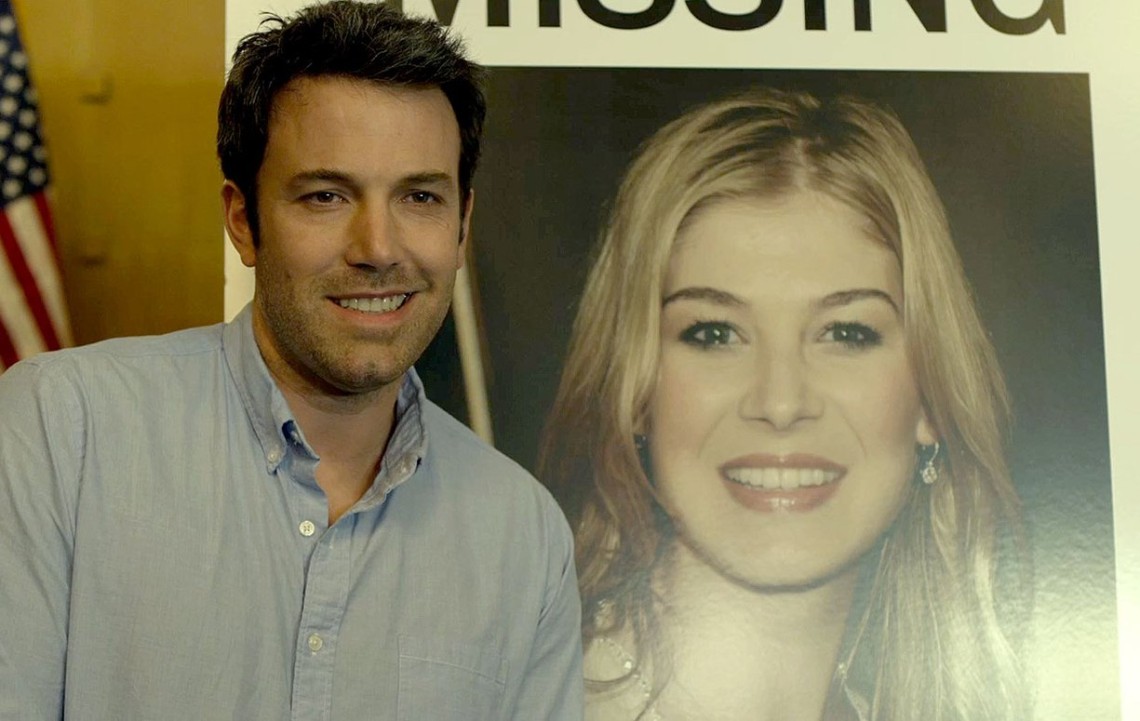
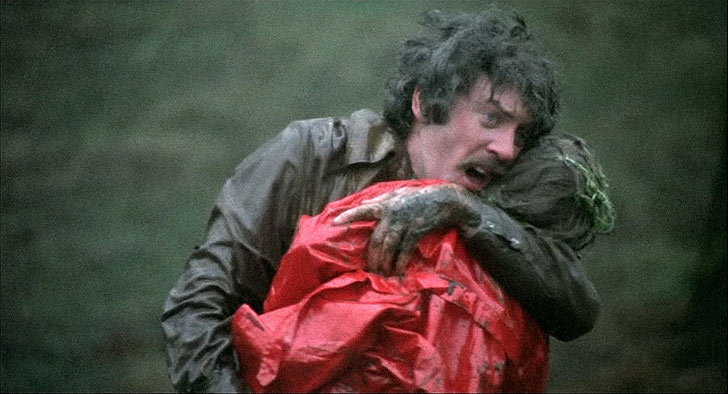
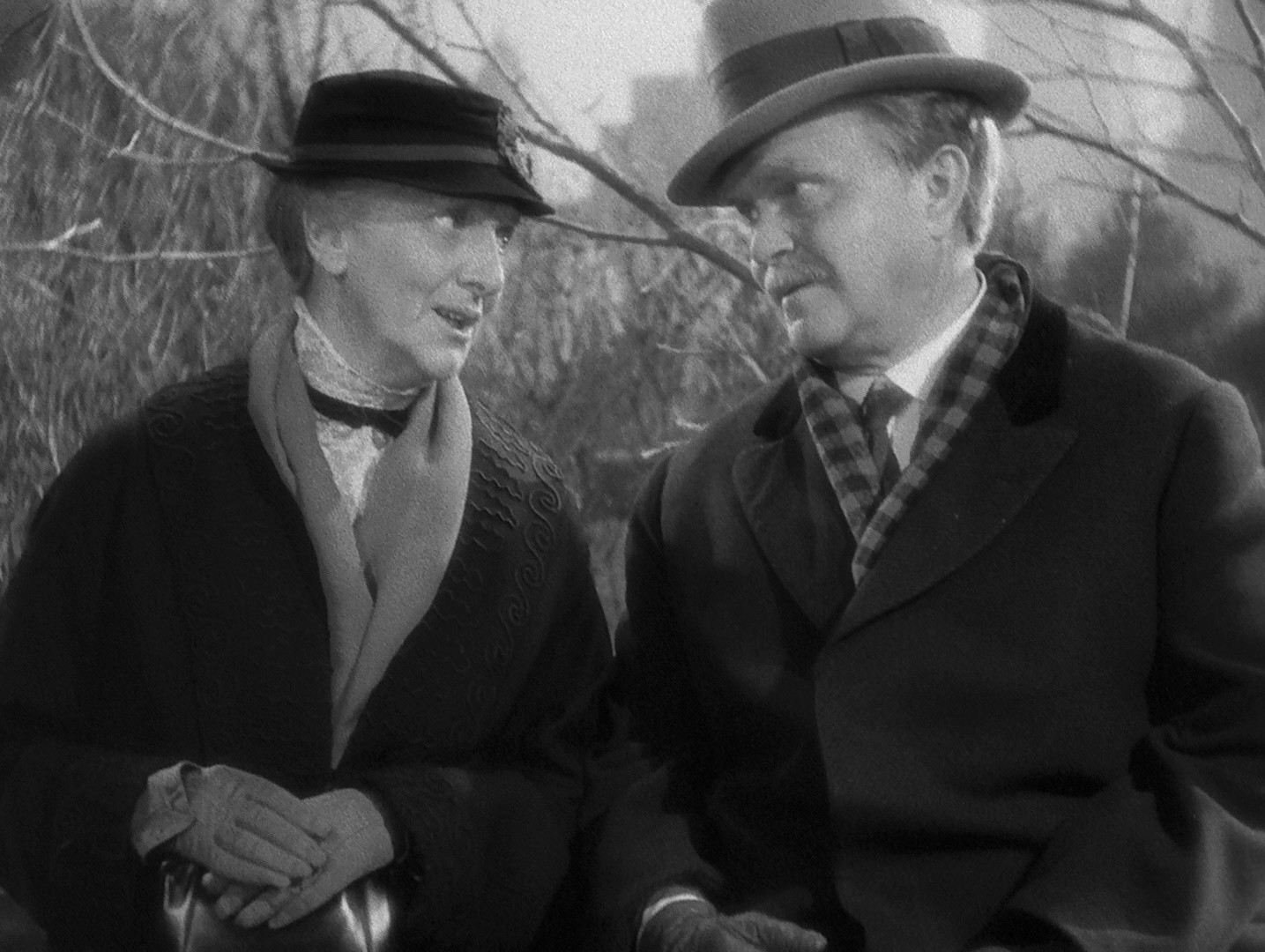
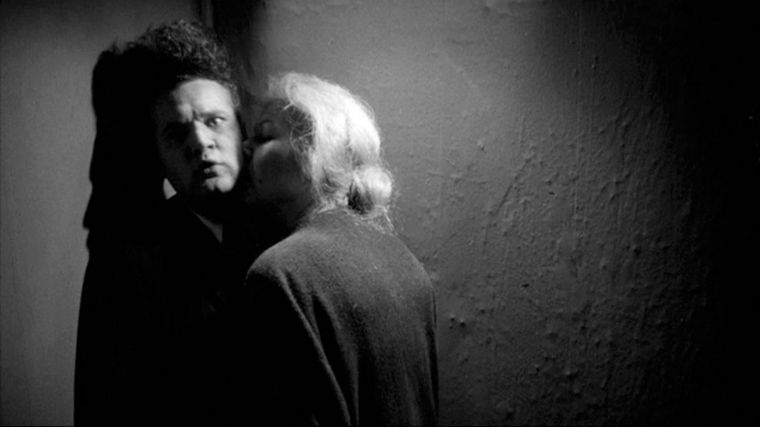
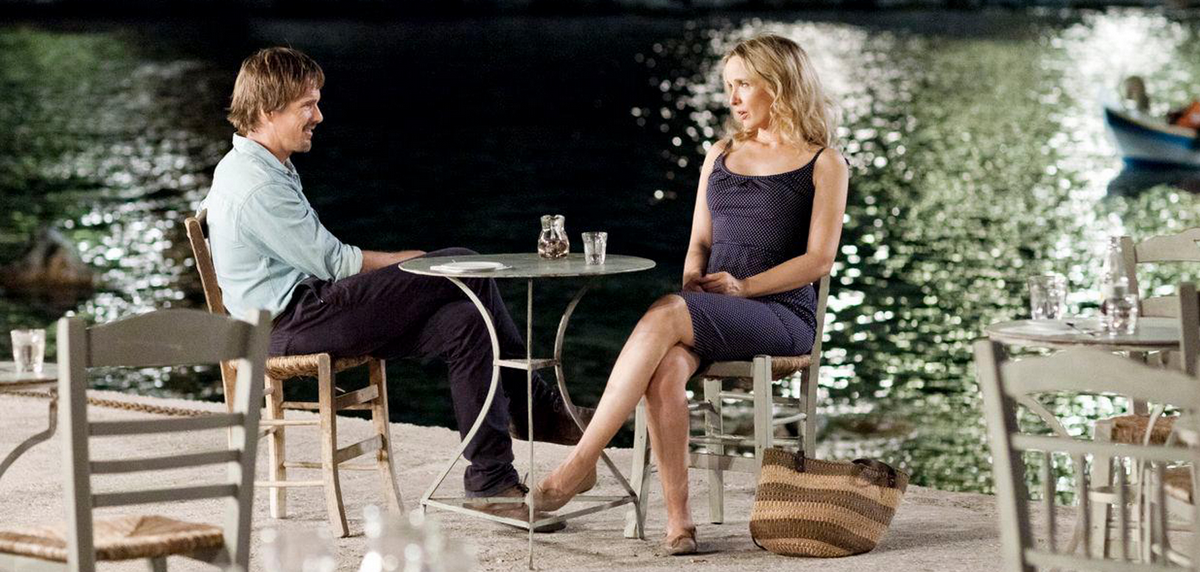

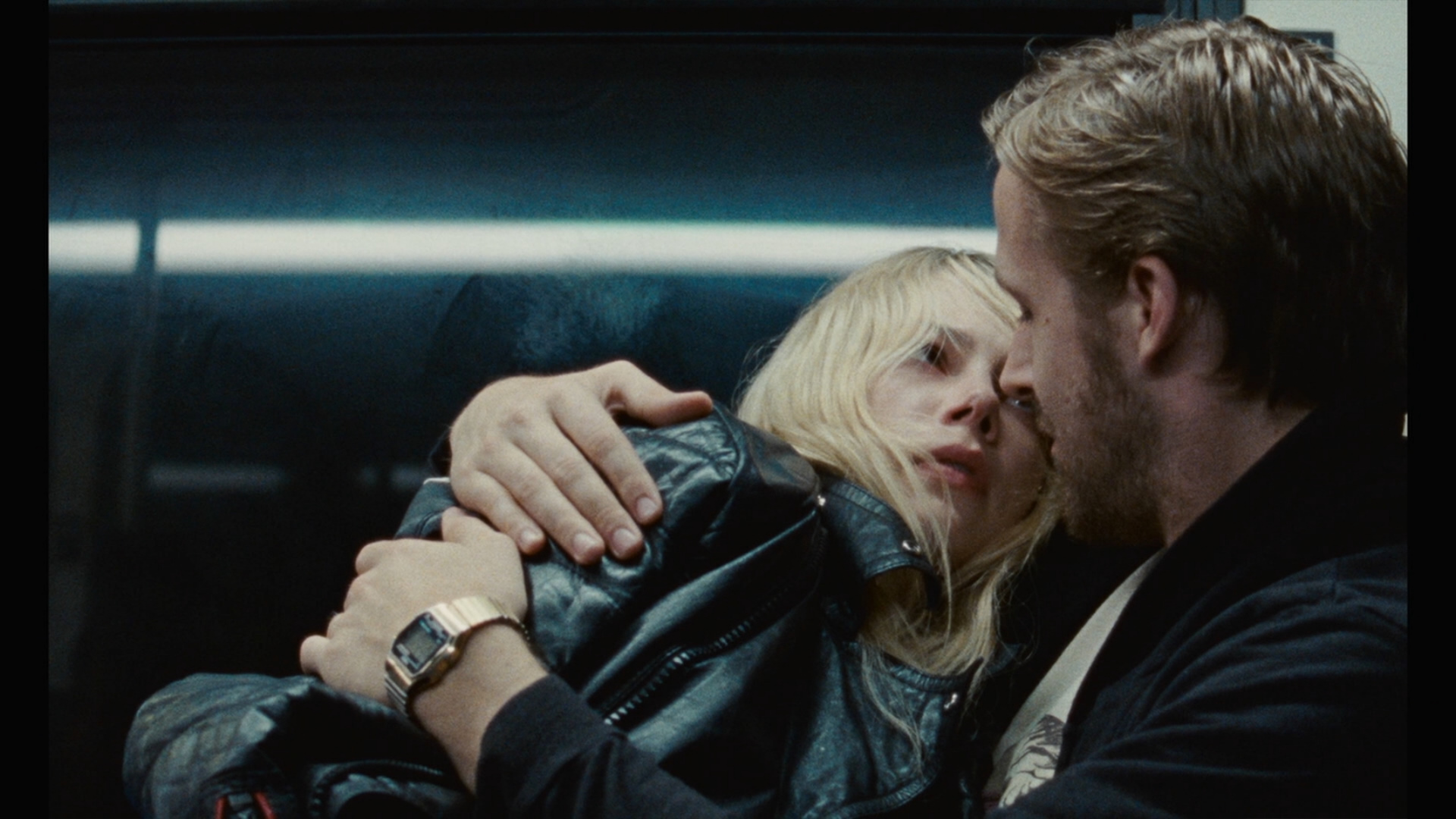

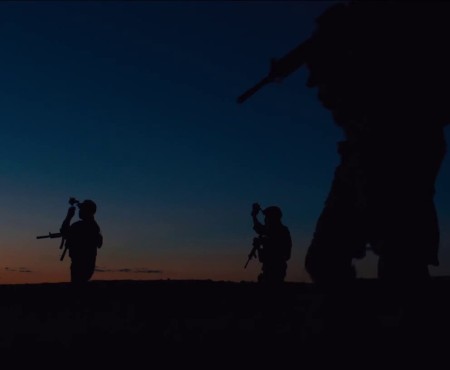
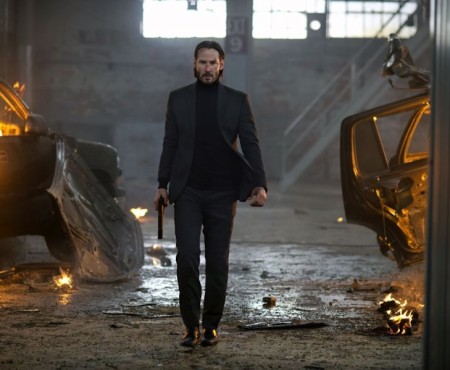
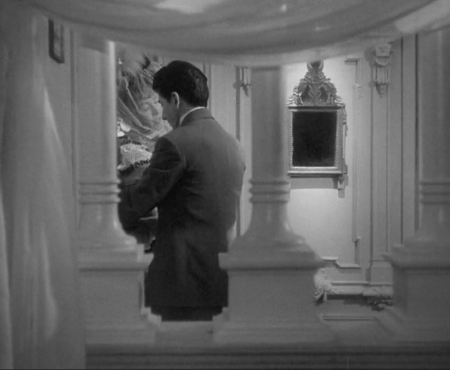
One thought on “(Death) Scenes from a Marriage: 7 Films to Watch After “Gone Girl””
AH!!!! Possession fucked me up! And I love it for it.